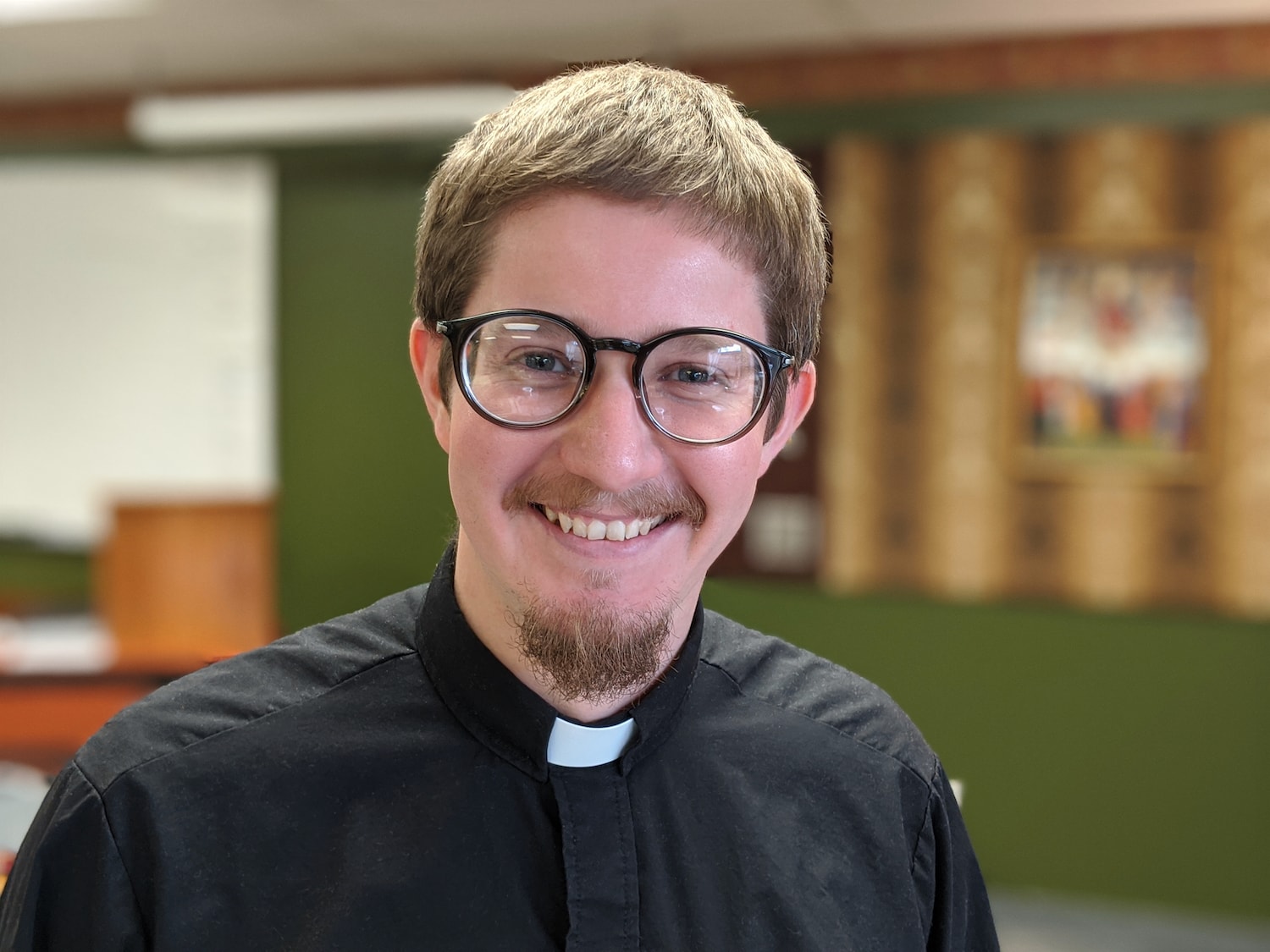In AD 1271, seventeen-year-old Marco Polo traveled to the massive Mongol Empire with his father and his uncle. Kublai Khan, ruler of this empire, took a liking to Marco and sent him on several missions having to do with affairs of state. As a result, Marco saw much of China and traveled through great portions of it for 26 years, after which time he returned safely to Venice. In 1298, while a prisoner of war in Genoa and at the urging of some fellow inmates, Marco began compiling his notes and recording his travels. He writes this concerning the Cathayan people in the Mongol Empire:
“The people have an ornate style of speech; they salute each other with a cheerful countenance, and with great politeness; they behave like gentlemen, and eat with great propriety. They show great respect to their parents; and should there be any son who offends his parents, or fails to minister to their necessities, there is a public office which has no other charge but that of punishing unnatural children, who are proved to have acted with ingratitude towards their parents.” (The Travels of Marco Polo, Bk. 2, pt. 1, ch. 34)
Can you imagine a government that has officers whose specific duty it is to uphold the Fourth Commandment, “Honor your father and your mother”? The Cathayans were idolaters, not Christians, and they understood even apart from divine revelation the importance of raising children with proper gratitude toward their parents.
Martin Luther says this in the Large Catechism concerning the Fourth Commandment:
“God knows very well the perverseness of the world; therefore, He admonishes and urges by commandments that everyone consider what his parents have done for him. Each child will discover that he has from them a body and life. He has been fed and reared when otherwise he would have perished a hundred times in his own filth. Therefore, this is a true and good saying of old and wise people: Deo, parentibus, et magistris non potest satis gratiae rependi, that is, ‘To God, to parents, and to teachers we can never offer enough thanks and compensation.’ The person who thinks about this will give all honor to his parents without force and bear them upon his hands as those through whom God has done him all good.” (Large Catechism, I.129-130)
We might not have the Cathayan Thank-Your-Parents Police, but we have the Word of God nurturing our children and doing what no amount of government coercion could: teaching them the great gifts that God gives them through their parents and stirring them up to proper thanksgiving and honor.
In Christ,
Pastor Richard

